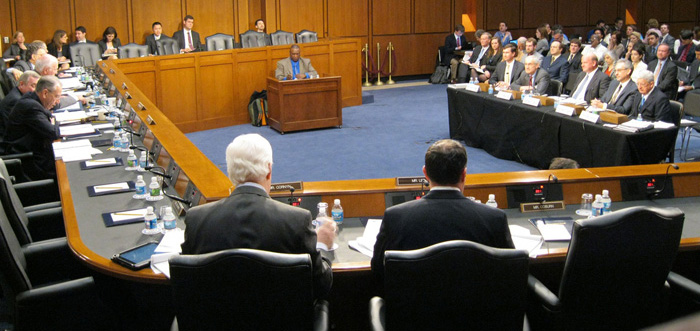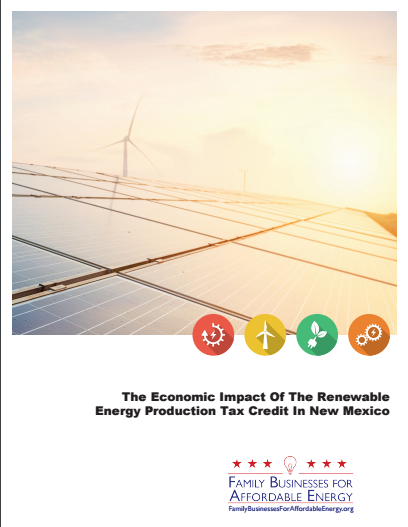In order to grow, it is critical for family businesses to have access to affordable and dependable sources of energy. Many business owners depend on energy supplies at globally competitive prices to operate and effectively run their businesses. According to the National Federation of Independent Businesses, energy costs are one of the top three business expenses for nearly half of all small businesses. Businesses use energy for several business-essential purposes. The primary energy cost for 38% of small firms is operating vehicles, for one-third of small firms is heating and/or cooling, and for one-fifth of small firms is operating equipment.
Energy costs have increased rapidly over the last few years. Small business owners are not able to adjust the price of their goods and services quickly enough to match potentially steep energy cost increases without negatively impacting their customers. Additionally, owners are not able to change business practices fast enough to offset the increases. Lastly, the depreciations schedules in current tax policy don’t encourage small business owners to invest in new, energy-efficient equipment. There are common-sense energy reforms that can alleviate the financial burden placed on family owned businesses.




